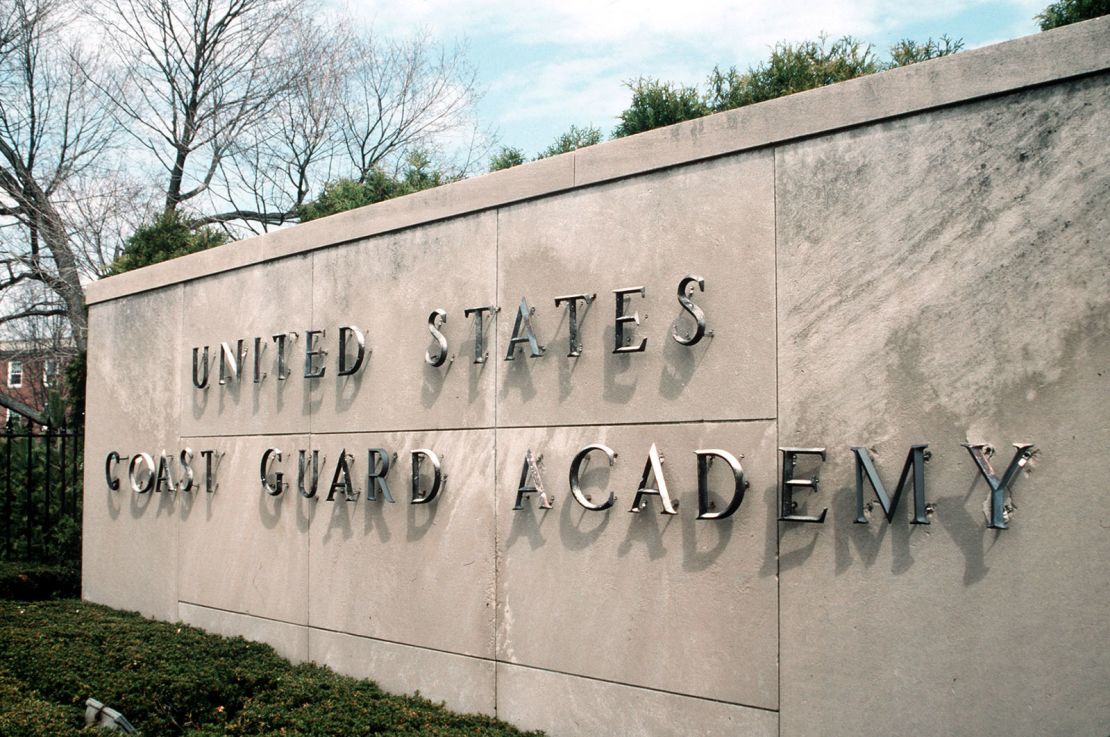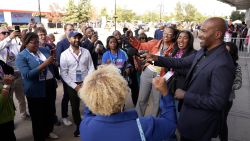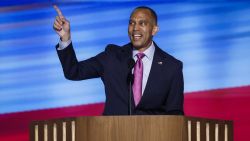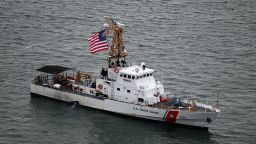The US Coast Guard, rocked by allegations that its leaders for years concealed damning information about sexual assaults and other serious misconduct, released a highly critical report Wednesday acknowledging it had “failed to keep our people safe,” while vowing to make reforms that would better protect them.
After spending 90 days speaking with hundreds of service members, reading through more than 170 written comments and “sifting through a mountain of data,” an internal review team said it had heard a resounding message from the workforce that “these failures and lack of accountability are entirely unacceptable” and that leaders “must do something about it.”
“Too many Coast Guard members are not experiencing the safe, empowering workplace they expect and deserve (and) trust in Coast Guard leadership is eroding,” the authors wrote in the roughly 100-page report, noting that they had heard from victims of sexual assault and harassment stretching from the 1960s to the current day who “expressed deep rooted feelings of pain and a loss of trust in the organization.”
The scathing internal review was launched after CNN exposed a secret criminal investigation, dubbed Operation Fouled Anchor, which found that serious misconduct had been ignored and, at times, covered up by high-ranking officials. It wasn’t until CNN started asking questions about Fouled Anchor this spring that Coast Guard leaders rushed to officially brief Congress on the scandal — leading to outrage on both sides of the aisle, multiple government investigations and proposed legislation.
CNN’s coverage of Fouled Anchor and subsequent reporting revealing that Coast Guard leaders declined to prosecute a retired officer for sexual misconduct “have led people to experience feelings ranging from disappointment to outrage,” the report said.
“For so many victims, there are even deeper levels of broken trust: in leaders who failed them in preventing and responding to sexual violence; in a military justice system with antiquated legal definitions of rape; in non-existent support programs for those impacted prior to 2000,” it stated. While the report outlined a number of changes made in the last two decades, it also acknowledged that reforms to date have not been enough to prevent assaults and properly support victims.
The review did not seek to hold past perpetrators or officials involved with the Fouled Anchor cover-up accountable, saying multiple government investigations launched by Congress remained ongoing.
Instead, it looked to the future and focused on preventing future assaults and other misconduct, describing the report as a “road map aimed at improving” the agency’s culture.
Along with the report’s findings, the Coast Guard announced a series of actions directed by the agency’s leader, Commandant Linda Fagan, through recommended changes to everything from training and victim support services to strengthening processes for holding perpetrators accountable.

“This report acknowledges the Coast Guard’s failures and uses them to inform a way ahead, rebuild trust, and set the baseline for organizational growth,” the document states, noting that many of the actions require additional funding and authority to implement.
Among the reforms are the creation of a mentorship program for victims to help them navigate the aftermath of a sexual assault, the development of a “safe to report” policy so that victims are not penalized for collateral minor misconduct (such as alcohol use at the time of an incident), more secure locks on Coast Guard Academy bedrooms and improved oversight of the school and its cadets – including a new chain of command for the academy head.
Fagan also directed officials to better keep tabs on the academy’s hallmark “Swab Summer” training program, which is run by upperclassmen at the academy, and to consider strengthening policies that allow the agency to reduce pension payments for those found to have committed misconduct.
The report was the Coast Guard’s most expansive response to the growing criticism of its handling of misconduct. And while it was being released publicly, and members of Congress had been briefed on its contents earlier, the report was specifically addressed to “U.S. Coast Guard workforce, past and present.”
“You made it clear that you want and expect our Service to confront this issue and make it better. You want our Service to deliver meaningful change,” the report stated. “Whether you’re a member who has a story to share — or the shipmate standing beside them — this is our time. Let’s get it right.”
While the Coast Guard is focused on the future, members of Congress are still determined to get answers about past failures as well.
“This new report still does not hold anyone accountable for past failures—particularly those at the Coast Guard Academy,” said Sen. Chris Murphy, a Democrat from Connecticut, where the Coast Guard Academy is located. Murphy and other lawmakers have continued to slam the agency for its failure to be transparent about sexual assault and other misconduct. “It does lay out a modest plan to improve oversight, training, and support for survivors, but a report is nothing more than paper until concrete steps are taken.”
Democratic Senators Maria Cantwell and Richard Blumenthal also criticized how, despite calling this effort an “accountability” review, the Coast Guard still failed to hold anyone to task for the mishandling of sexual assault cases. Cantwell reiterated the importance of an independent investigation, saying she is looking forward to seeing the results of the probe currently being conducted by the Department of Homeland Security’s Inspector General.
Earlier this year, CNN reported how former Commandant Karl Schultz and his second-in-command, Vice Commandant Charles Ray, failed to act on plans to share the findings of Fouled Anchor with Congress and the public. Ray resigned from his position at a Coast Guard Academy leadership institute soon after, but no other current or former Coast Guard officials have publicly faced any consequences.
“Current Coast Guard personnel are being told to trust their leadership, but their leaders aren’t holding predecessors accountable,” K. Denise Rucker Krepp, a former Coast Guard officer and former chief counsel of the Maritime Administration wrote in a recent letter to Congress, describing how she had attended a “community healing” event sponsored by the Coast Guard Academy Alumni Association last month.
“Before my first cup of coffee I learned about a woman who was raped shortly after joining the service. She never told her parents about the crime,” she wrote. “While washing my hands in the bathroom, another woman shared that she was raped while attending the Coast Guard Academy in the late 1990s. Another woman shared that she was gang-raped by three students at the school and had spent two-thirds of her life on medication because of the crimes that occurred almost 40 years ago.”
Next week, more survivors of sexual assault and harassment at the Coast Guard Academy are slated to share their experiences publicly in a Congressional hearing. The hearing, announced just yesterday, is part of an ongoing Senate probe launched in reaction to the Fouled Anchor cover-up.
Do you have information or a story to share about the Coast Guard past or present? Email [email protected] and [email protected].






















